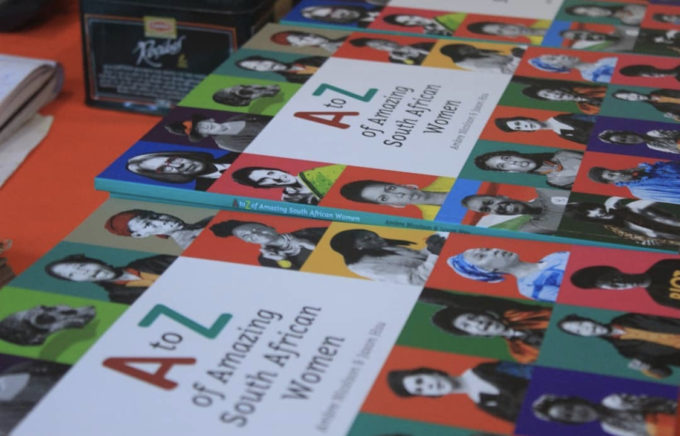
Modjaji Books, based in Cape Town, South Africa, is a highly regarded independent press with the very specific mission to amplify the voices of women from and currently living in Southern Africa. Founded by writer Colleen Higgs in 2007, they publish titles, often award-winning, across a range of genres—”from poetry and short stories to novels and memoirs”—with women’s experiences at the heart of their work. They also offer services for new and established writers such as manuscript assessment, selective custom publishing, and workshops.
Modjaji takes pride in having “opened the doors for themes like gender-based violence, stillbirths, gender and sexual orientation, female sexuality, and the experience that women of all backgrounds share—living in a patriarchal world.” Their “catalogue encompasses a wide range of women’s experiences including, but not limited to, motherhood and sisterhood, documentary film-making and journalism, teaching and art, bread making, marriage and partnerships, acting and playwriting, activism and mentoring.”
Modjaji Books takes its name from the Modjaji lineage, the lineage of Rain Queens, of a part of the Limpopo Province. The title of Rain Queen was a matrilineal inheritance thought to come with certain powers, including influence over the rain.
The Modjaji Books blog not only informs followers of their latest launches, workshops, and representation at literary festivals, but also offers dispatches on publishing during the pandemic and insights into the process of creating book covers. These sorts of posts humanize the press, create a community around the making of books, and remind readers of a book’s status as a potential art object.
Modjaji Books titles are carefully crafted. Each book cover is distinct and artistically striking. “We love making our book covers beautiful,” Modjaji writes in a message to Brittle Paper, “by using original artworks, and we often use hand lettering for the title and author name.”
The Modjaji Books author list proudly displays rows of diverse Southern African women. In addition to their regular offering of novels, short story collections, poetry, memoir, anthologies, and non-fiction, Modjaji Books publishes an annual African Small Publishers Catalogue, which writers and publishers alike can reference to advance their careers.
While most of the titles are originally written in English, there is one in Afrikaans (Nome 20 Delphi Straat by Shirmoney Rhode) and one with versions in both Afrikaans and English (Sê My, Is Julle Twee Susters/Are You Two Sisters by Hester van der Walt). There is also one translated from the Spanish—La Bastarda by Trifonia Melibea Obono, translated by Lawrence Schimel, which was published in the US by the likeminded Feminist Press. La Bastarda is the first novel by an Equitoreal Guinean woman to be translated into English and received critical acclaim worldwide. As such, Modjaji Books is consciously combatting the problem of underrepresentation of hispanophone African voices in global publishing. Modjaji states: “We are proud to belong to the International Alliance of Independent Publishers and to continue the work of bringing diversity to the literary world along with the fellow publishers globally who are also committed to this goal.”
Besides feminism, local representation, and literary excellence, there is no agenda behind the Modjaji Books catalogue. Some titles, like Inner Shadows by Olivia M. Coetzee, use fiction to take a hard look at society’s ills. Others, like Reclaiming the L-Word by Dr. Allyn Diesel, use an academic lens to treat the issue of sexuality. Many collections of poetry touch on a wide range of experiences, and Jabulani by Phumzile Simelane Kalumba is a dictionary of African names in indigenous languages. This eclectic catalogue offers something for everyone.
In all, Modjaji Books is a an important, focused, high-quality independent press, a leader among its peers and beloved by its authors and readers alike. Modjaji describes its work as “risky and underfunded, and yet also warmly welcomed and supported by the literary community.” They recognize that “readers, writers, distributors, booksellers, printers, media and other vital parts of the literary world, have ensured our survival.”


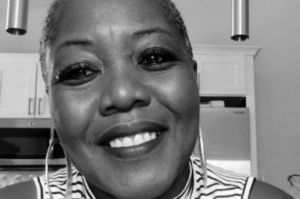

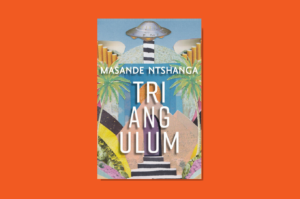
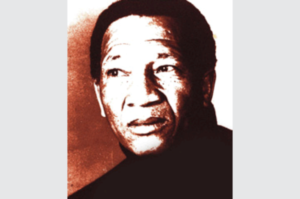
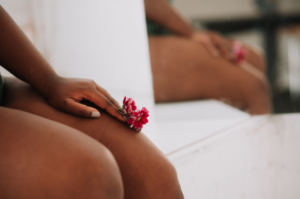


COMMENTS -
Reader Interactions